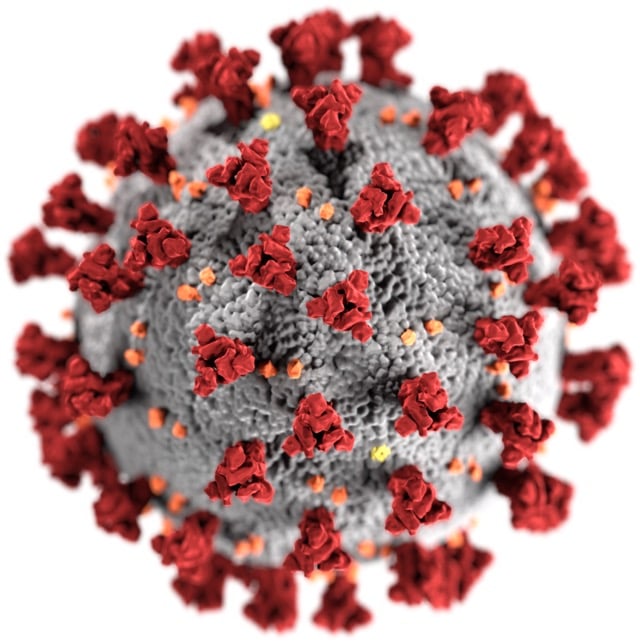UK health officials have raised an urgent alert following a notable increase in cases of Meningococcal Group W (MenW) disease among individuals returning from religious pilgrimages in Saudi Arabia. The UK Health Security Agency (UKHSA) has confirmed multiple cases in recent months, emphasizing the critical need for awareness and preventive measures among travelers and healthcare providers.
Understanding Meningitis W
Meningococcal Group W disease is a severe bacterial infection caused by the Neisseria meningitidis bacterium. It primarily affects the protective membranes surrounding the brain and spinal cord, leading to meningitis, and can also cause septicemia (blood poisoning). The disease is transmitted through close contact with respiratory secretions, such as coughing, sneezing, or sharing utensils.
Recent Cases Linked to Pilgrimage Travel
Between February and March 2025, the UKHSA reported five confirmed cases of MenW among individuals who had recently returned from the Umrah pilgrimage in Saudi Arabia or their close contacts. The World Health Organization (WHO) has also documented 17 cases globally associated with travel to Saudi Arabia for religious pilgrimages during the same period. Notably, many of these cases involved individuals who had not received the recommended MenACWY vaccination.
Symptoms and Severity
MenW disease can progress rapidly and is potentially fatal. Early symptoms often resemble those of the flu, including:
- Sudden high fever
- Severe headache
- Stiff neck
- Nausea and vomiting
- Sensitivity to light
- Confusion
- Seizures
- Cold hands and feet
- Limb pain
- Pale or mottled skin
Given the disease’s rapid progression, immediate medical attention is crucial upon the onset of symptoms.
Vaccination Requirements and Recommendations
The MenACWY vaccine offers protection against four strains of meningococcal bacteria, including serogroup W. Saudi Arabian authorities mandate proof of MenACWY vaccination for all pilgrims attending Hajj or Umrah, with the vaccine administered at least 10 days before arrival. In the UK, the vaccine is available free through the NHS for school-aged children and can be obtained privately by other travelers. Ensuring vaccination compliance is vital to prevent the spread of MenW disease.
Public Health Measures and Advice
The UKHSA advises all travelers to Saudi Arabia for religious pilgrimages to receive the MenACWY vaccine well in advance of their journey. Travelers should remain vigilant for symptoms during and after their trip, seeking immediate medical care if symptoms arise. Healthcare providers are urged to consider recent travel history when diagnosing patients presenting with symptoms consistent with meningococcal disease.
Global Health Implications
The WHO has highlighted the risk of international spread of MenW disease due to mass gatherings like Hajj and Umrah. Saudi Arabian health authorities have implemented measures, including mandatory vaccination requirements and enhanced surveillance, to mitigate this risk. Travelers are encouraged to adhere strictly to health guidelines to protect themselves and others.
Conclusion
The recent surge in MenW cases among pilgrims underscores the importance of vaccination and awareness. Travelers to Saudi Arabia must ensure they are vaccinated against meningococcal disease and remain alert to symptoms. Prompt medical attention can be life-saving, and adherence to public health recommendations is essential to prevent further cases.
FAQs
1. What is Meningitis W, and how is it transmitted?
Meningitis W is a form of bacterial meningitis caused by Neisseria meningitidis serogroup W. It spreads through close contact with respiratory secretions, such as coughing, sneezing, or sharing utensils.
2. Who is at risk of contracting Meningitis W?
Individuals participating in mass gatherings, like Hajj and Umrah, are at increased risk due to close contact with large groups. Unvaccinated individuals and those with weakened immune systems are particularly vulnerable.
3. What are the symptoms to watch for?
Early symptoms include sudden fever, severe headache, stiff neck, nausea, vomiting, sensitivity to light, confusion, and seizures. Rapid progression can lead to severe complications or death.
4. How can travelers protect themselves?
Travelers should receive the MenACWY vaccine at least 10 days before traveling to Saudi Arabia. Maintaining good hygiene practices and avoiding close contact with individuals displaying symptoms can also reduce risk.
5. What should one do if symptoms appear after travel?
Seek immediate medical attention if symptoms develop within two weeks of returning from Saudi Arabia. Inform healthcare providers about recent travel history to ensure prompt diagnosis and treatment.



